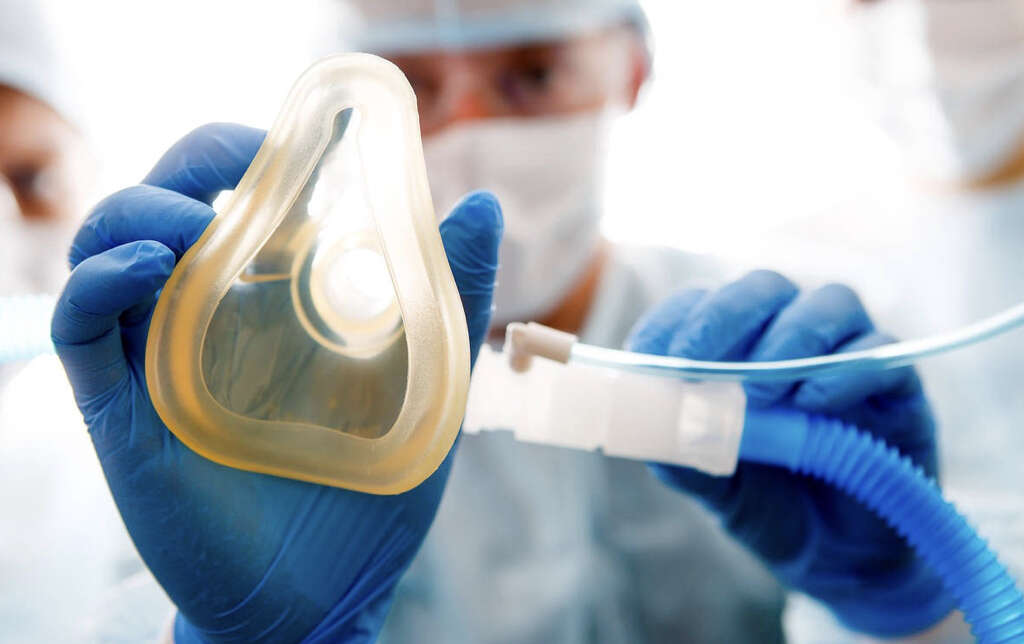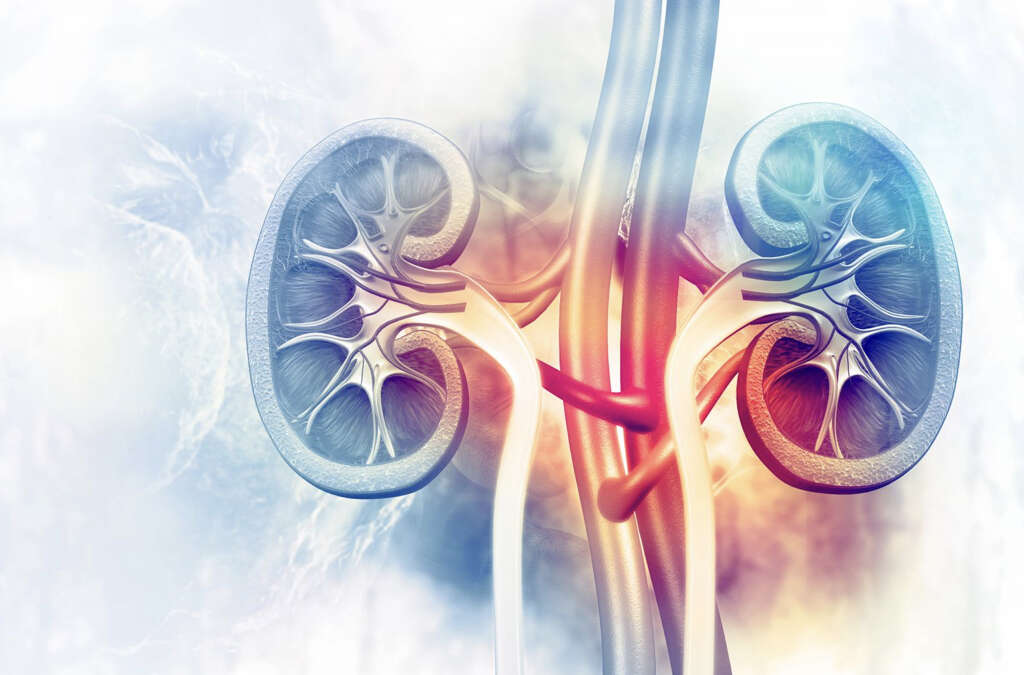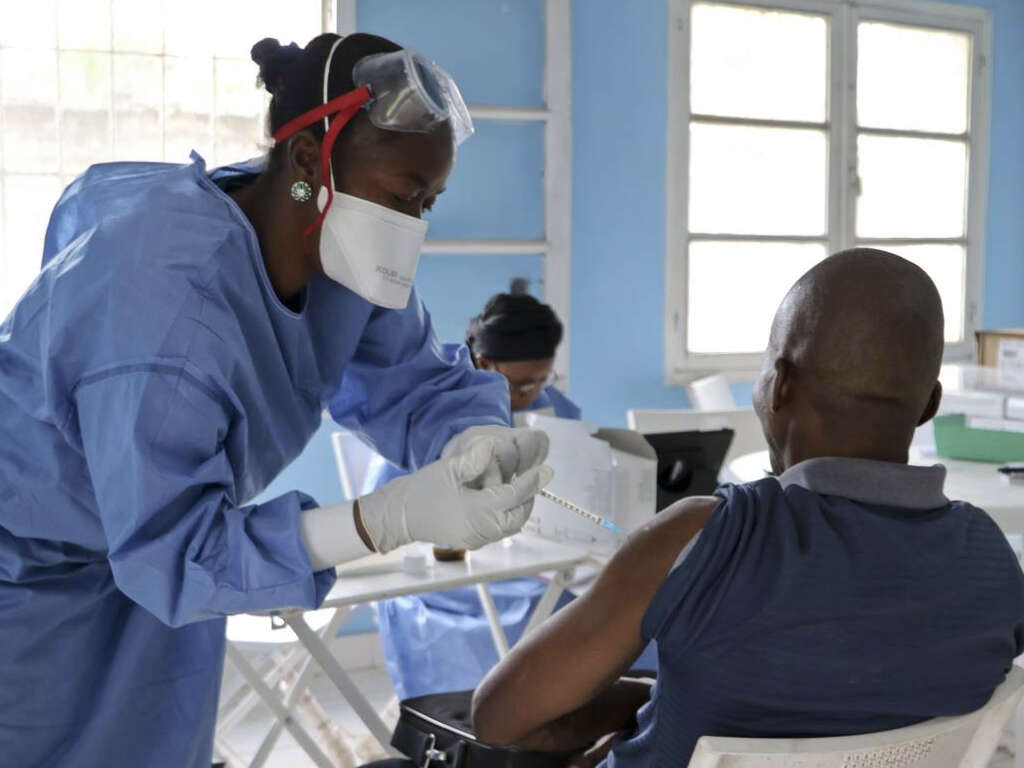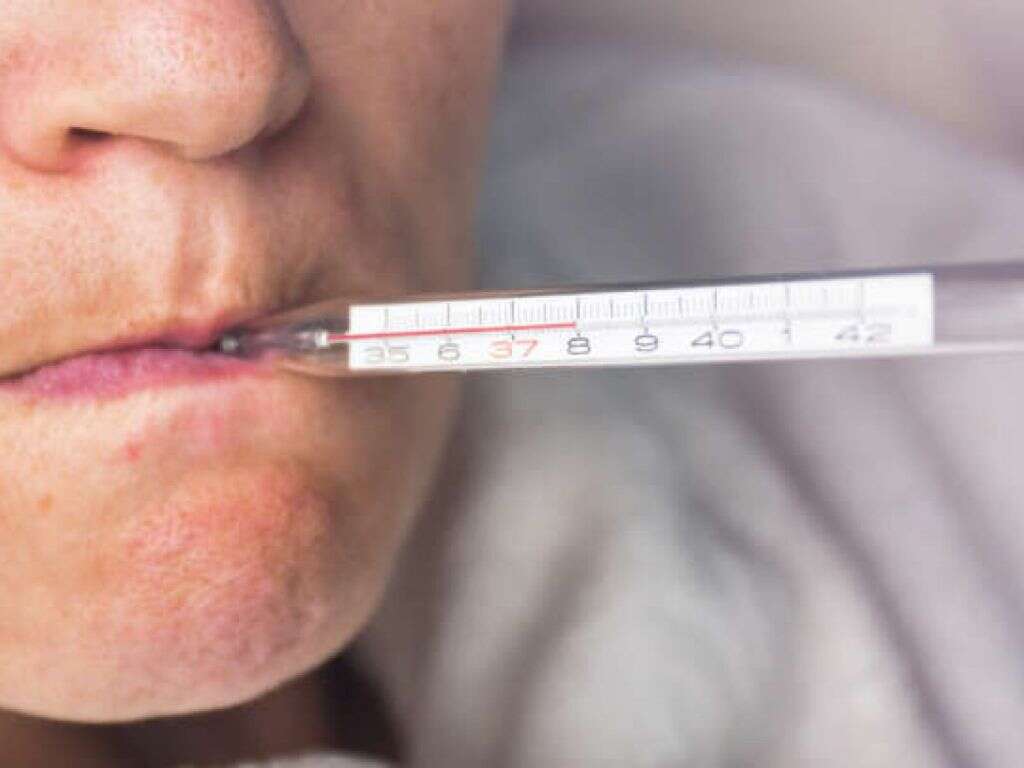What Is Malignant Hyperthermia?
As warm-blooded creatures, it is natural that our bodies are quite warm. This heat is generated through different processes, including the metabolism of our food and the movement of our muscles. While this heat is important to us, however, it is possible for us to become too hot.
Various medical conditions and illnesses can cause us to heat up too much. It can also be caused by a reaction to certain substances, including some anesthetics. Malignant hyperthermia is a condition where a reaction to anesthetics can cause the body to become very hot, and it can be very dangerous for the patient.

1. Malignant Hyperthermia
Drugs have been developed because they help us, in a wide variety of different ways. They can make us feel better, they can help us to live for longer, and they can even save our lives on some occasions. Despite all the good they do for us, however, they are not without their downsides.
One of the potential downsides of drugs is that some people can have bad reactions to them. One such example is malignant hyperthermia, which is a reaction to drugs that are usually used for anesthesia. The reaction can cause some very severe complications for the patient and it can be fatal in some cases.

2. Anesthesia
Medicine used to be very different before anesthesia came on the scene. Before its arrival, there was virtually nothing in the way of preventing pain during operating procedures. Procedures were generally left until they were absolutely necessary, with patients understandably reluctant to be performed on while still conscious.
Many people would turn to alcohol or other drugs to try and reduce the pain levels. Others might look to be knocked unconscious in other ways. When anesthesia did finally become available to modern medicine, it made surgery far more practical than before. Unfortunately, however, some people have a bad reaction to it.

3. Malignant Hyperthermia Susceptibility
Many people that experience malignant hyperthermia do so because of a defective gene that makes them vulnerable to anesthetics. This is a condition known as malignant hyperthermia susceptibility (MHS). The defect is usually passed down from a parent that also had it. At other times, the defect is down to a mutation in the patient’s genes.
Malignant hyperthermia susceptibility (MHS) can be caused by the defects of a number of different genes. The defect can often be detected through genetic testing, and testing is recommended if you are considered to be at risk of the condition. While the patient is at higher risk of developing malignant hyperthermia, that does not mean it will necessarily happen.

4. Calcium Ions
Within the cells of our muscles, calcium ions are stored. When malignant hyperthermia is triggered, it happens because the medication causes these ions to be released from their storage. This causes calcium levels in the patient’s cells to increase, and this causes the fibers of the muscles to contract.
This, in turn, causes excess heat to be generated in the body, and other symptoms can also arise as a result. The muscle contractions can cause other complications that can pose a real threat to the patient’s life.

5. No Symptoms
People that have malignant hyperthermia will usually show no symptoms of the condition whatsoever. That is until they are exposed to whichever drug will cause a reaction. Some patients with the condition will not even show symptoms after they have been exposed for the first time.
Even if a patient does not experience malignant hyperthermia after being exposed to a certain drug, it does not mean to say that a reaction cannot happen in the future. A very small number of patients will show symptoms when they have not been exposed to the trigger drugs. Something like a viral infection may be enough to trigger symptoms instead.

6. Hyperthermia
Not all patients will experience malignant hyperthermia during anesthesia; some can experience it during recovery. When symptoms do arise, the main condition is hyperthermia, which means that the body is too hot. The patient is also likely to show other symptoms, such as a rapid heart beat and an irregular rhythm.
The patient can also develop mottled skin and they can also begin to sweat excessively. Breathing difficulties can also arise and this can result in high levels of carbon dioxide and low levels of oxygen. The patient’s muscles will also often become rigid, while some will also experience spasms.

7. Who Is At Risk?
Because malignant hyperthermia is a hereditary disease, it means that people are more likely to have it if there is a history of it in the family. It is usually passed on according to an autosomal dominant inheritance pattern.
People also have a higher chance of having malignant hyperthermia susceptibility if other family members who are not their parents have it. There is also an increased chance if relatives have used a statin drug, or had other conditions such as rhabdomyolysis.

8. Complications
Malignant hyperthermia has the potential to be a very serious condition indeed. It can cause problems with bleeding and clotting, potentially leading to dangerous blockages in the flow of blood. The kidney can also become damaged and begin to fail.
Another possible condition is rhabdomyolysis, which happens when muscle tissue is broken down too quickly. The body can usually handle the process of muscle breakdown but problems can arise when the breakdown is too rapid. The cells’ contents get released into the bloodstream, and this can overload the system. The severity of the complications caused by malignant hyperthermia can be severe enough to result in a fatality.

9. Prevention
As things stand, there is no known way to prevent malignant hyperthermia susceptibility from happening. You can, however, take certain steps to help keep you safe from the condition. People should take extra care if there is a history of the condition in the family, whether confirmed or suspected.
An examination of the patient’s genes can help to reveal whether or not they have the condition. This is very beneficial because it means they can avoid certain drugs that are likely to trigger malignant hyperthermia. You should always speak with a doctor about any suspected condition that might cause a reaction before any medication is used.

10. Treatment
Malignant hyperthermia susceptibility cannot be treated, and the patient will always remain susceptible to reactions from anesthetics. However, avoiding such anesthetics where possible should be enough to prevent a reaction from taking place.
When a reaction does take place, the patient can still be treated to help reduce the severity of their symptoms. This can include ice packs to try and keep the patient cool, as well as medication that can also help to cool them down. Dantrolene is also often used, which is a type of muscle relaxant that helps to prevent the release of calcium ions from cells.












